In letter to UN, Iran envoy urges international community to firmly condemn brutal assassination of IRGC member
Iran’s permanent ambassador to the United Nations has warned against the dangerous consequence of terrorist and criminal acts against Iranian citizens, saying the international community must strongly condemn the recent assassination of a member of the Islamic Revolution Guards Corps (IRGC) in Tehran.
Majid Takht-Ravanchi made the remarks in a Wednesday letter to Secretary General of the United Nations Antonio Guterres with regard to the assassination of the former IRGC member, Colonel Hassan Sayyad Khodaei, who played a significant role in the fight against Daesh and other terrorists in the region.
“Given the dire implications of this terrorist and criminal act on international peace and security, inaction and silence in the face of such a provocative and norm-breaking act will only encourage and embolden its perpetrators and their accomplices to continue their disgraceful and wrongful acts,” the senior Iranian diplomat said.
He added, “Bearing in mind the dangerous consequences of such terrorist acts on international peace and security, the international community should strongly condemn such brutal assassinations targeting innocent citizens of other countries by well-known state terrorism of certain regimes.”
He said preliminary assessments and available basic evidence showed that the terrorist attack has been carried out in line with “systematic assassinations of innocent Iranian citizens and scientists by certain regimes” with the purpose of advancing their own illegitimate foreign policy goals in the region.
Takht-Ravanchi emphasized that such criminal acts constitute a blatant violation of the UN Charter, principles of international law and fundamental human rights and pose an undeniable threat to regional and international peace and stability.
The perpetrators and supporters are responsible for the consequences, he added.
He noted that the continuation of such acts of state terrorism has vividly challenged the rule of law and created “great and ever-increasing” concerns for the international community.
“In line with its responsibilities to genuinely fight terrorism and in a non-discriminatory manner, the UN is expected to condemn this atrocious act,” the Iranian envoy added.
He emphasized that Iran has been a victim of terrorism and a regional leader in the genuine and serious fight against it; however, such a heinous crime would never undermine but would rather strengthen the Islamic Republic's resolve to continue battling terrorism.
Takht-Ravanchi pointed to the investigations underway into the terrorist act against the former IRGC member and reiterated that Iran would take all the necessary measures to protect its people and interests.
“We will use all available mechanisms to hold the perpetrators of this terrorist crime and their supporters accountable,” he said.
The attack on Colonel Khodaei, which claimed his life, happened in Tehran at around 4 p.m. local time (1130 GMT) on Sunday when two motorcyclists shot him five times while he was in his car, and fled the scene.
In a statement issued soon after the assassination, the IRGC said the assassination was carried out by “counterrevolutionary elements,” adding that necessary measures have been taken to identify and arrest the assailant or assailants.
Iran's President Ebrahim Raeisi on Monday blamed the world’s hegemonic powers for the assassination of the former IRGC member, vowing “definite revenge” over the terrorist attack.
Meanwhile, the New York Times on Wednesday quoted an Israeli intelligence official as saying that the Tel Aviv regime has informed American officials that it was behind the assassination of the IRGC member.
According to the report, Israeli officials have claimed that Khodaei had been involved over the past two years in attempted terrorist attacks against Israelis, Europeans and American civilians and government officials in Columbia, Kenya, Ethiopia, the United Arab Emirates and Cyprus.
Israel's footsteps have already been traced in a number of attacks on Iranian nuclear sites and the assassination of its scientists.
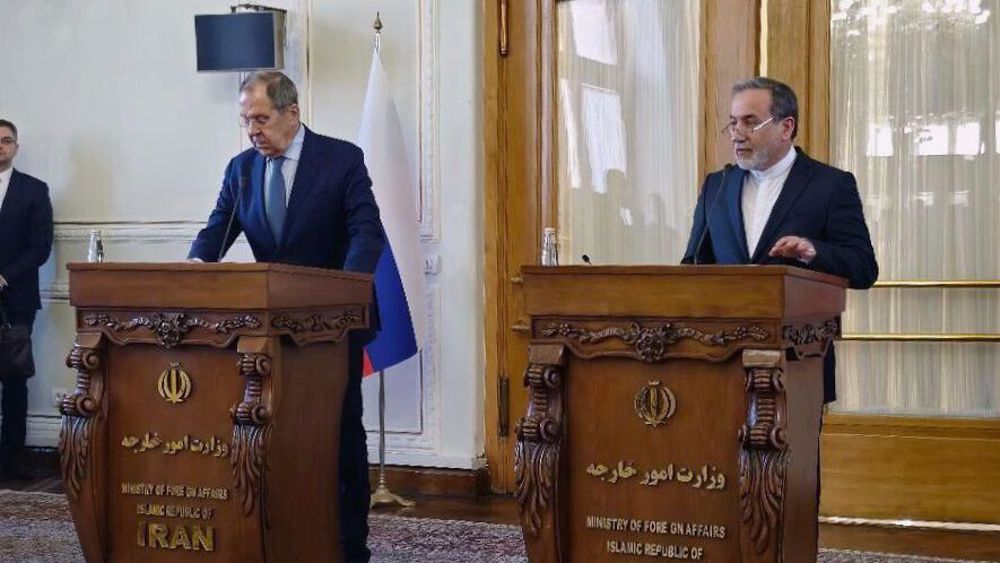
Iran rules out nuclear talks with US amid ‘maximum pressure’ campaign
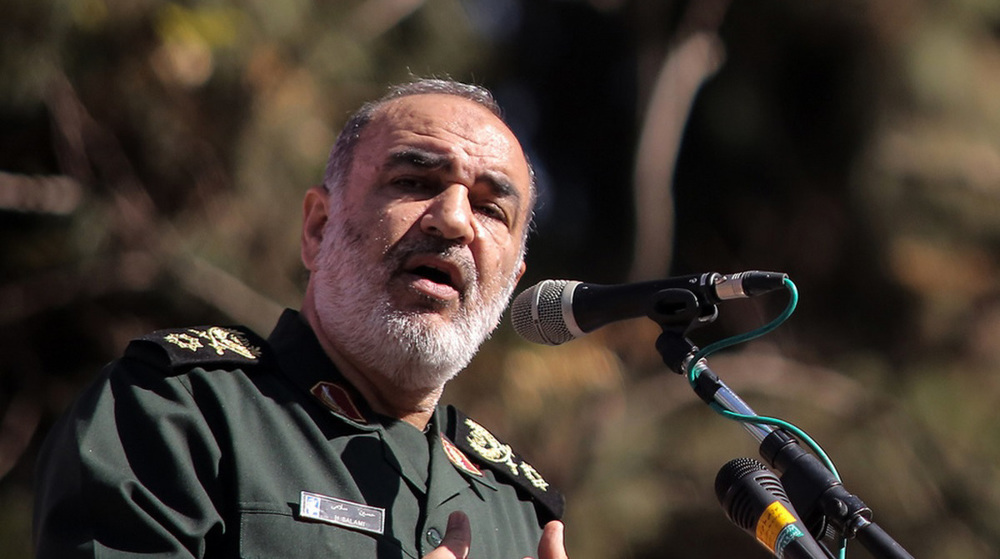
Flying warplanes over Beirut funeral exposed enemy’s fear of power, unity of nations: IRGC
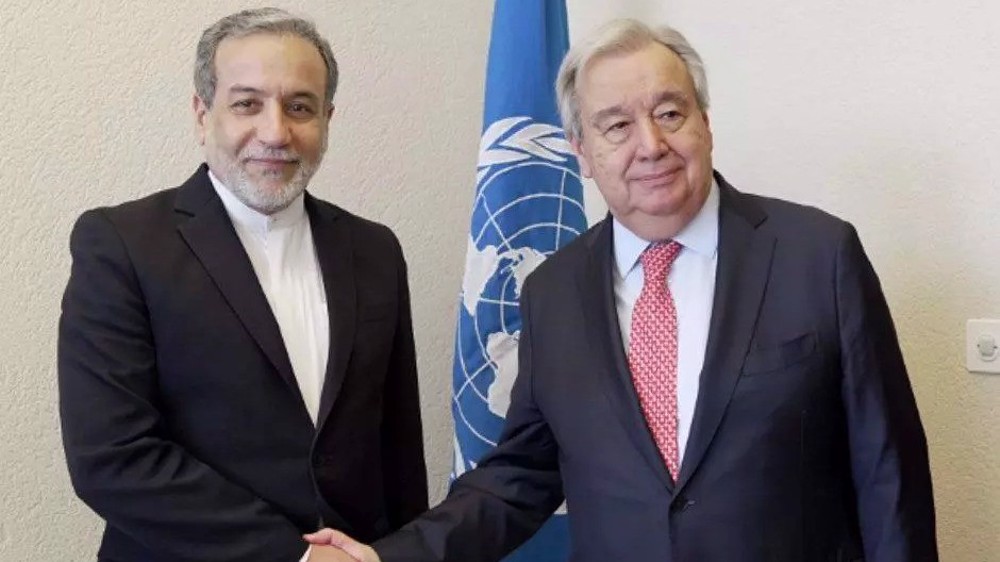
Araghchi tells UN chief: Israel must be held accountable for crimes against Palestinians
VIDEO | Gazans striving to survive with bare hands
'Shocking attack on free expression': Canadian politician slams arrest of pro-Palestine activist
West Bank Palestinians fear Gaza style destruction as Israel escalates raids
Hamas: Ibrahimi Mosque massacre testament to Israel’s criminal policy
Trump eyes Ukrainian rare earth minerals in exchange for military support to Kiev
Six Gaza children, including newborn girl, die of cold weather as Israel blocks aid
Iran rules out nuclear talks with US amid ‘maximum pressure’ campaign
Israeli tanks roll into West Bank first time in 20 years as prelude to forcible annexation


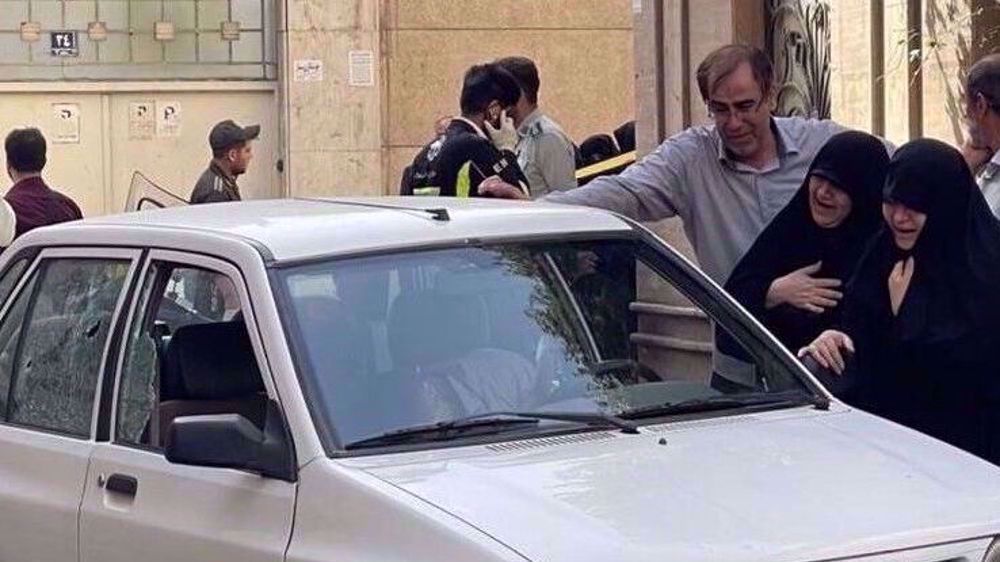
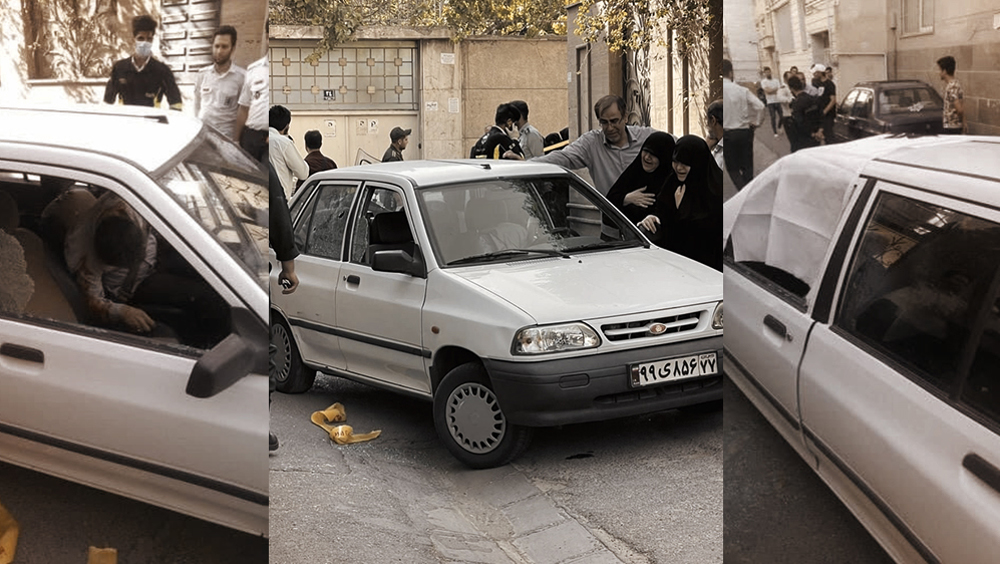
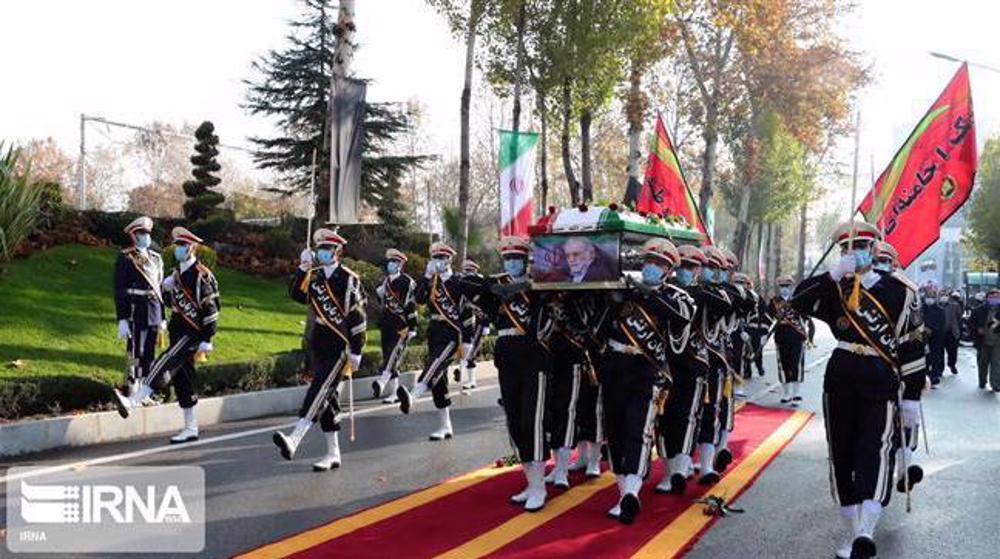




 This makes it easy to access the Press TV website
This makes it easy to access the Press TV website